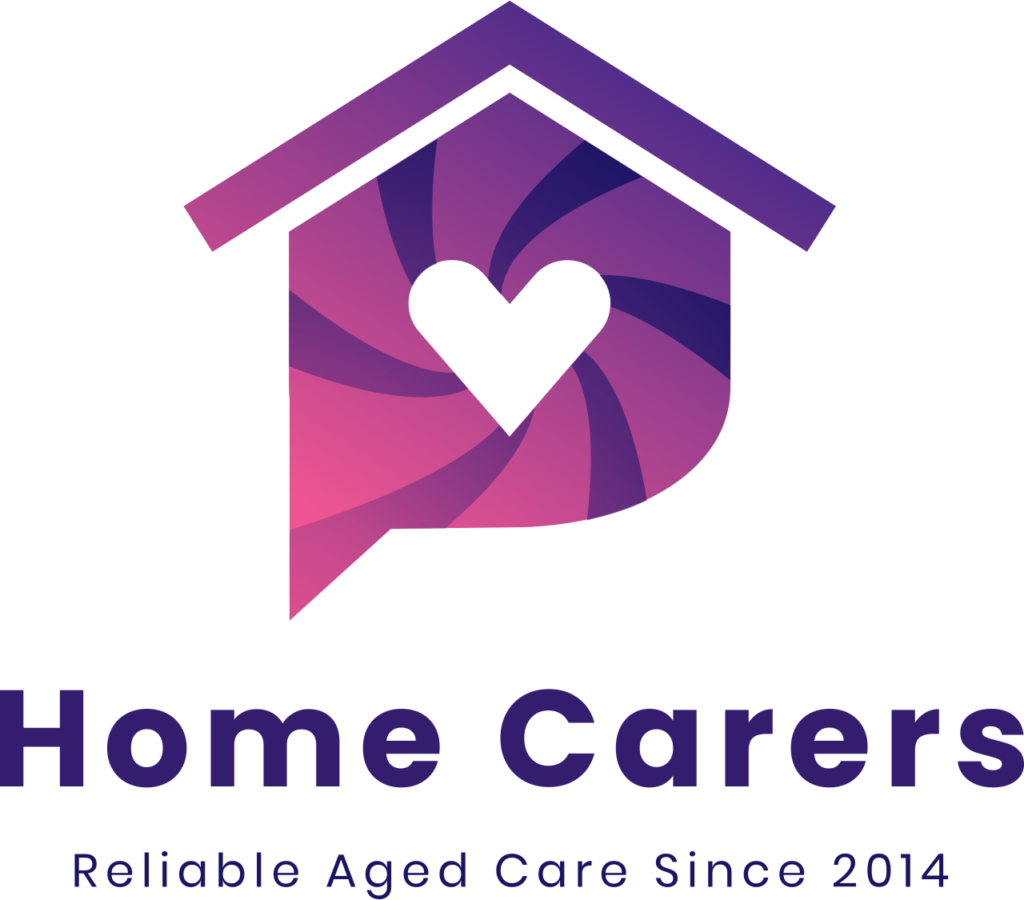When an older loved one leaves the hospital, it’s often a huge relief—but also the start of a new set of challenges. Will they be safe at home? Who’s going to help with medications, meals, or mobility? What happens if something goes wrong?
For many New Zealand families, hospital to home care provides the peace of mind and practical support needed to make that transition smooth, safe, and stress-free.
In this blog, we’ll walk through what hospital discharge support looks like, why it matters, and how to organise help that meets your family’s needs.
Why the First 72 Hours Matter?
The period right after a hospital stay is when most complications happen—especially for older people patients recovering from surgery, a fall, or illness.
Common risks include:
- Re-injury or infection
- Missed medications or appointments
- Confusion or memory lapses
- Poor nutrition
- Emotional distress or anxiety
That’s why having support in place before discharge is critical.

What Is “Hospital to Home” Support?
Hospital to home support is a short-term or ongoing care plan that begins as soon as your loved one is discharged. The goal is to ensure recovery continues safely at home—with the right level of help from the very start.
It may include:
- Pick-up from hospital and transport home
- Setting up the home for comfort and safety (bed, bathroom, lighting)
- Meal preparation and hydration
- Medication reminders and wound care support
- Mobility assistance or supervision when moving around
- Companionship and reassurance
- Coordination with physios, nurses, or GPs
Who Needs Hospital to Home Support?
Hospital discharge care is ideal for older adults who:
- Live alone or have limited family nearby
- Have experienced a fall, hip fracture, stroke, or surgery
- Have dementia or memory issues
- Are feeling weak, anxious, or unsteady after a hospital stay
- Are being discharged earlier than expected
Often, hospital staff may assume someone is “fine to go home”—but families know the reality is more complex.
“We Didn’t Realise How Much Help Mum Would Need…”
That’s something we hear often. Families are relieved to get Mum or Dad home—but overwhelmed within days by the practical support needed.
That’s where Home Carers steps in.
We offer flexible hospital discharge support across Christchurch and surrounding regions—whether it’s a one-off visit or a two-week plan while your loved one regains strength.
What to Expect from a Hospital to Home Plan?
- Free Care Planning Call
We’ll work with you (and hospital discharge staff if needed) to understand what support is required. - Customised Support Plan
We’ll tailor a plan around mobility, medications, meals, and personal care. - Gentle, Reliable Carers
All our carers are background-checked, First Aid trained, and known for kindness and consistency. - Daily Check-ins and Updates
You’ll be kept informed of how your loved one is doing, every step of the way.
👉 See our Hospital to Home Care Services →
When Should You Organise Help?
Before the discharge date, if possible. That way, your loved one comes home to support already in place. Even if you’re unsure of the exact discharge date, we can prepare a plan and stay flexible.

FAQ: Hospital to Home Care in NZ
Can you organise support while my parent is still in hospital?
Yes. In fact, we recommend it. We can coordinate with discharge teams and be ready the day they come home.
Is this covered by funding?
Some services may be eligible for short-term support via Te Whatu Ora or ACC. We can help you check eligibility.
Can we change the plan after it starts?
Absolutely. We adjust support as your loved one recovers—whether they need less or more help.
Is overnight care available after hospital discharge?
Yes. Many families request overnight support during the first few nights home.
A Safer, More Supported Recovery Starts at Home
With the right care, older adults can recover better, faster, and more confidently at home. Don’t wait until something goes wrong. Let’s plan together—so your loved one has what they need from day one.
👉 Book a free consultation today
👉 Or call us on 0800 227 686

